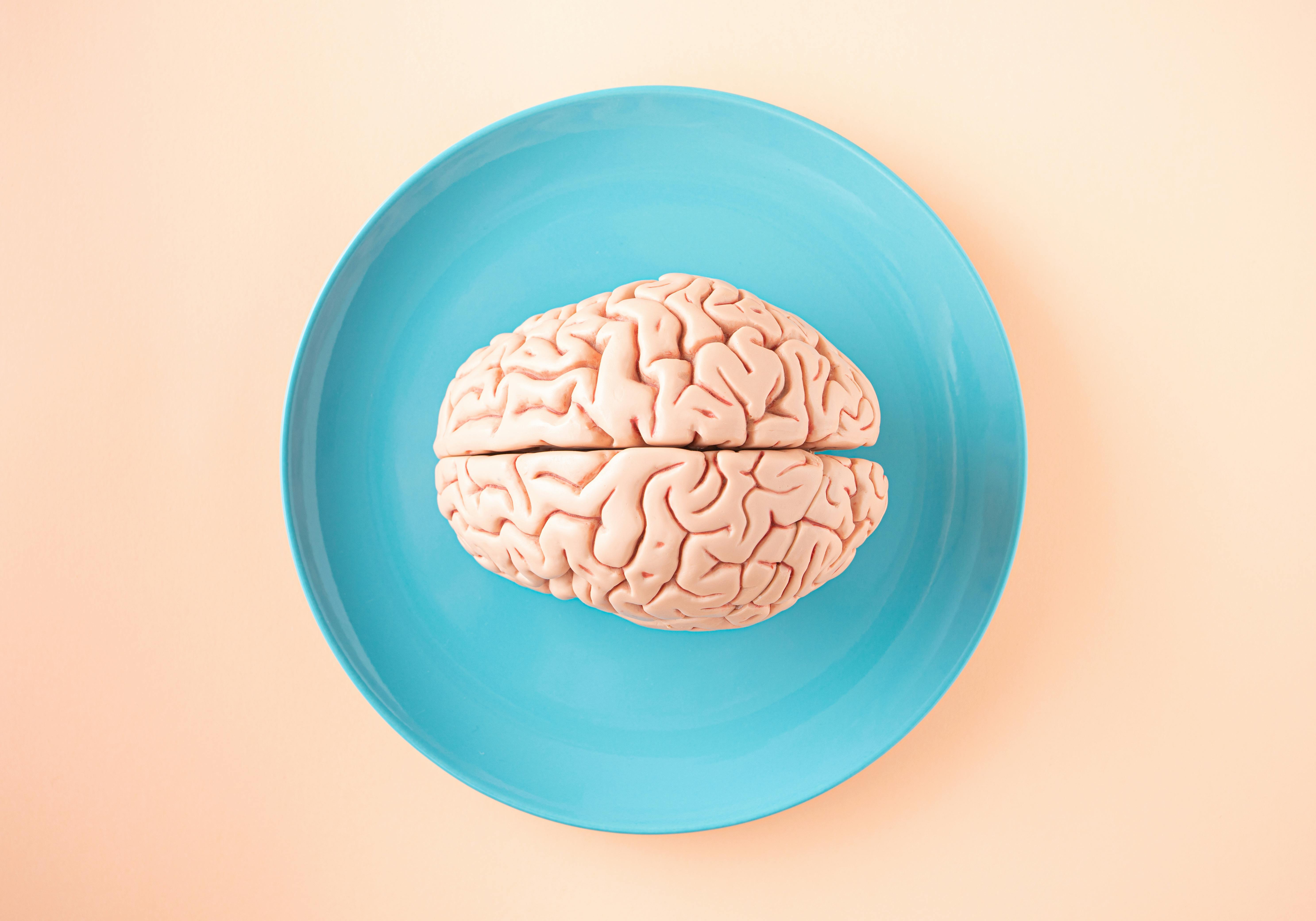This Drink is Skyrocketing Alzheimer’s Rates – What You Need to Know
Alzheimer’s disease is one of the leading causes of disability and dependency among older adults, affecting over 55 million people worldwide. Every three seconds, someone in the world develops dementia, with Alzheimer’s being the most common form. While genetics and aging are unavoidable, modern science is uncovering how lifestyle and dietary choices can drastically influence your risk of developing the disease.
Shocking evidence now suggests that a common drink consumed daily by millions is linked to faster brain aging, memory decline, and even a heightened risk of Alzheimer’s. In this article, we’ll uncover what this drink is, why it’s dangerous, and most importantly — how you can protect your brain health for years to come.

The Hidden Culprit: Sugary Drinks
When most people think of Alzheimer’s prevention, they think of mental exercises, supplements, or genetics. Rarely do they think about their favorite drink. Yet, mounting evidence shows that sugary beverages such as sodas, fruit juices, sweetened teas, sports drinks, and energy drinks may be silently harming brain health.
These drinks cause repeated blood sugar spikes, increase insulin resistance, and contribute to inflammation — all of which accelerate brain aging and increase dementia risk.
Key Research Findings
- Framingham Heart Study (2017): People who drank more than two sugary beverages a day had smaller brain volumes and poorer memory compared to non-drinkers.
- Harvard School of Public Health: Regular sugary drink consumption was linked to faster brain aging, even in younger adults.
- Artificially Sweetened Drinks: Even diet sodas showed an association with increased dementia and stroke risk, highlighting that “sugar-free” isn’t always safe.
How Sugary Drinks Damage the Brain
- Insulin Resistance: Excess sugar makes the brain less sensitive to insulin, impairing glucose uptake — the brain’s main energy source.
- Inflammation: Chronic sugar intake triggers inflammation, which destroys neurons over time.
- Oxidative Stress: Sugar fuels free radicals that damage brain cells and DNA.
- Beta-Amyloid Plaque Formation: Insulin resistance may interfere with the brain’s ability to clear amyloid plaques, a hallmark of Alzheimer’s.
- Brain Volume Shrinkage: MRI scans reveal that high sugar intake is linked to reduced hippocampus size, the memory control center.

The Diet Soda Debate
Many people swap sugary sodas for diet sodas, thinking they’re choosing a healthier option. But research shows artificial sweeteners may also disrupt gut bacteria, alter metabolism, and even contribute to cognitive decline.
Takeaway: Whether sugary or artificially sweetened, most sodas are not brain-friendly.
Myths vs Facts
- Myth: Only soda is bad for the brain.
Fact: Energy drinks, sweetened iced teas, and flavored waters can be just as harmful. - Myth: Fruit juice is safe because it’s “natural.”
Fact: Even 100% fruit juice can spike blood sugar due to lack of fiber. - Myth: Diet soda is risk-free.
Fact: Studies suggest it may still raise the risk of dementia and stroke.
Brain-Friendly Drink Alternatives
- Infused Water: Add lemon, cucumber, or mint for flavor without sugar.
- Green Tea: Packed with catechins that protect neurons.
- Coffee (in moderation): Linked to reduced dementia risk.
- Herbal Teas: Chamomile, peppermint, and rooibos reduce stress and improve focus.
- Smoothies: Whole fruits and veggies deliver fiber, antioxidants, and vitamins.
Lifestyle Habits to Support Brain Health
- Eat the MIND diet: Rich in berries, leafy greens, nuts, and omega-3s.
- Exercise daily: Boosts blood flow and neurogenesis.
- Prioritize sleep: Clears toxins like beta-amyloid during deep sleep.
- Stay mentally active: Reading, learning, or puzzles build cognitive reserve.
- Manage stress: Chronic stress accelerates memory loss.
Early Warning Signs of Alzheimer’s
- Persistent forgetfulness of recent events.
- Difficulty following conversations or instructions.
- Disorientation with time or place.
- Trouble finding words.
- Unexplained mood or personality changes.
The Bigger Picture
The World Health Organization warns that dementia cases will triple by 2050. With global sugary drink consumption steadily increasing, especially in younger populations, the link between lifestyle and Alzheimer’s cannot be ignored.
A Practical 7-Day Swap Plan
- Day 1: Replace soda with sparkling water + lime.
- Day 2: Swap an energy drink for green tea.
- Day 3: Try infused cucumber water.
- Day 4: Make a spinach + blueberry smoothie.
- Day 5: Enjoy chamomile tea at night.
- Day 6: Drink unsweetened black coffee.
- Day 7: Hydrate with plain coconut water.
Frequently Asked Questions (FAQ)
Q: Is an occasional soda dangerous?
A: One soda occasionally won’t harm your brain, but frequent consumption increases long-term risks.
Q: Are “sugar-free” sports drinks safe?
A: Many still contain artificial sweeteners and additives that may not support brain health.
Q: Can reducing sugar intake really prevent Alzheimer’s?
A: While no guarantee, lowering sugar intake reduces inflammation and insulin resistance — two major risk factors for dementia.
Conclusion
Alzheimer’s is not just a disease of aging — it is strongly influenced by what we consume daily. Mounting evidence shows that sugary drinks contribute to memory decline, brain shrinkage, and an increased risk of Alzheimer’s. By cutting them out and replacing them with healthier alternatives, you take a powerful step toward protecting your brain.
The choice is clear: every sip matters. Choose drinks that fuel your brain, not destroy it.
Explore More on VitalWell Hub
We share practical guides on brain health, nutrition, fitness, and wellness to help you live smarter every day. Read more at VitalWell Hub.
Comments
Post a Comment
We love your feedback! Please share your thoughts below. All comments are moderated to ensure a positive and helpful community. Spam or inappropriate comments will be removed.